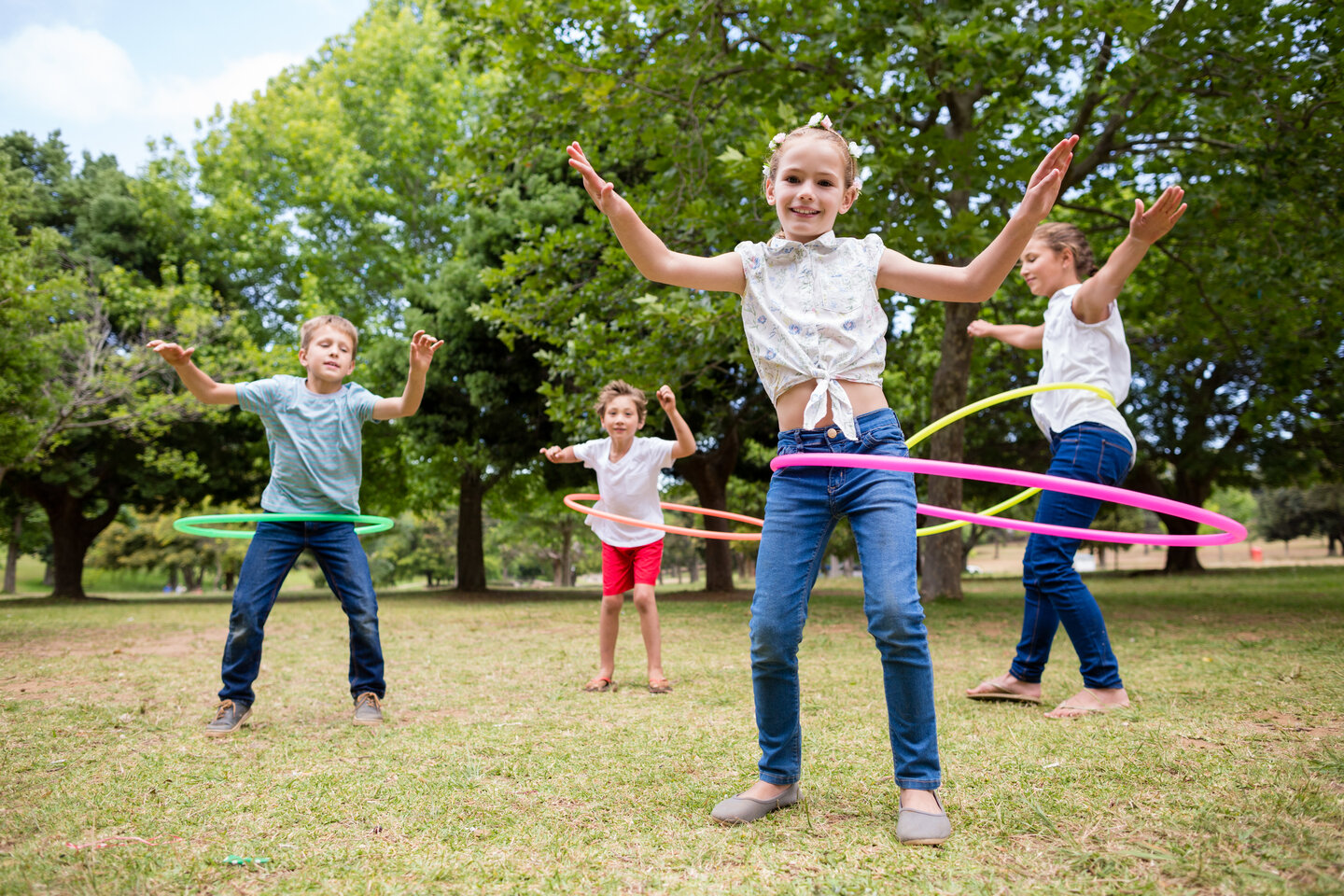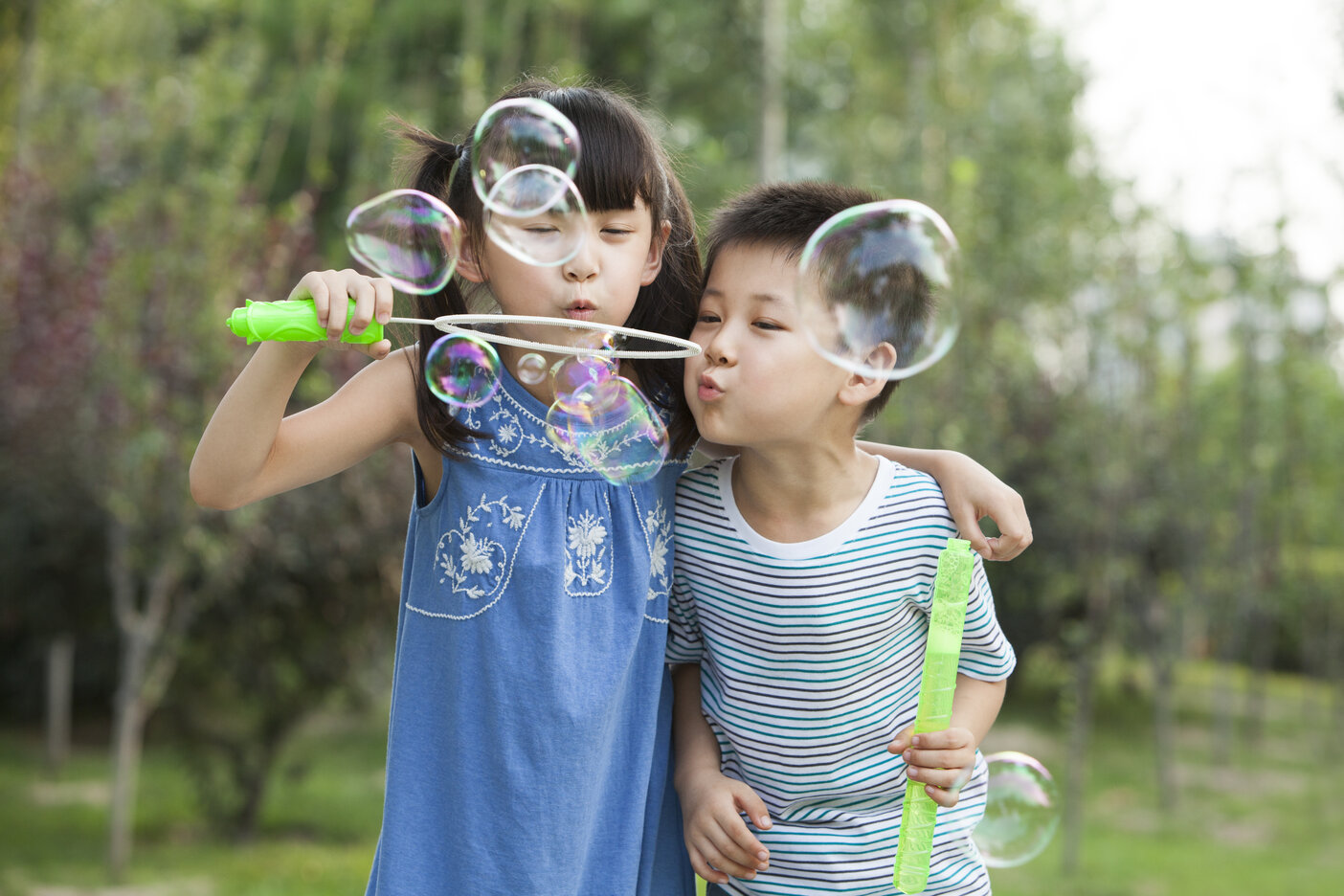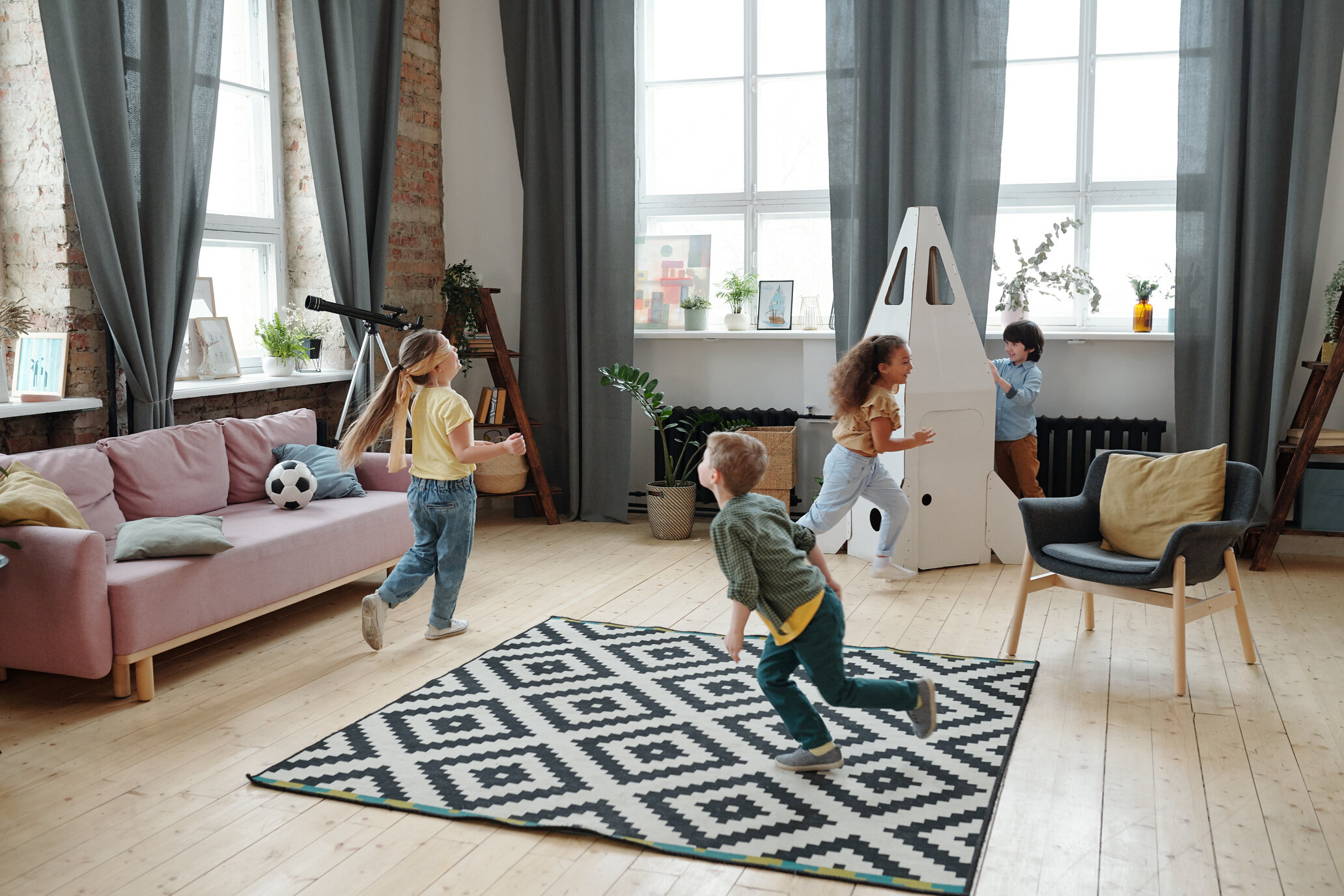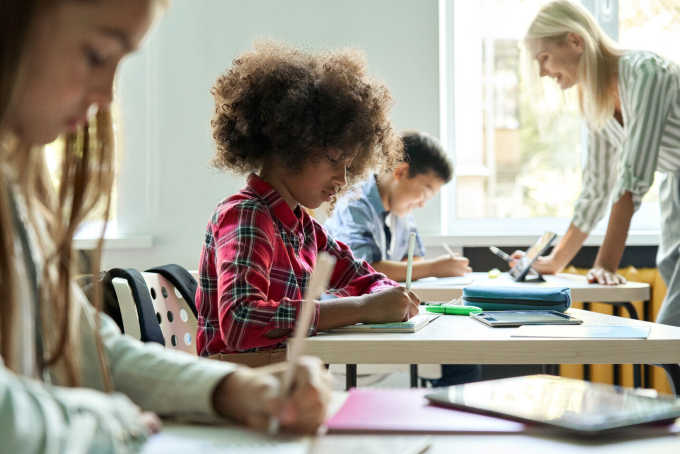Introduction
Children with autism spectrum disorder (ASD) may have trouble with social skills and figuring out what their senses are telling them. Social skills are the ability to talk to, interact with, and make friends with other people. Sensory processing is how the brain gets information from the senses and figures out what it means. As can be told, the ability of sensory processing affects daily life in a large sense. Sensory issues can include hypersensitivity or hyposensitivity to certain textures, sounds, smells, tastes, or sights.
Come along with 200k+ families!
Explore the endless possibilities of learning!
Download for Free.
What are social skills?
Social skills are the abilities necessary to effectively communicate and interact with others. The ability to connect with and get along with other people is what is meant when we talk about social skills.
Individuals of all ages can benefit from developing these abilities, but children with autism who may have difficulty interacting with others may need them even more so. Nonverbal communication, taking turns, appropriately expressing emotions, sharing, and interpreting social cues are all examples of social skills. The following are examples of such skills:
- Recognizing and reacting appropriately to people’s nonverbal clues, such as those conveyed through facial expressions and body language
- Respect for instructions
- Careful sharing and turn-taking
- Speaking in a respectful manner
- Managing disagreements and reaching compromises
- Keeping one’s own boundaries in check while also respecting those of others
- Adopting a social circle and keeping it active
Children need these abilities if they are to successfully interact with others and build meaningful relationships.
What are some common sensory issues in children with autism?

Children with autism spectrum disorder may have trouble digesting information received from their senses. Problems with the senses can present themselves in a variety of ways, including the following:
Some children with autism may have an extreme sensitivity to particular sensory stimuli, such as loud sounds, bright lights, particular textures, or particular tastes and scents.
Hyposensitivity: Some children with autism may experience reduced sensitivity to particular sensory stimuli, which may lead them to seek out activities that stimulate them, such as leaping or spinning in circles.
Sensory seeking: Seeking out sensory sensations is a common behavior seen by some children with autism. For example, they may press their body against a wall or rub their hands together in an attempt to stimulate their sense of touch.
For children with autism and for individuals in general, sensory processing difficulties can be overpowering and may result in anguish, anxiety, or behavioral problems.
How can social skill activities help children with autism?
Children with autism can benefit greatly from participating in social skill activities to improve their communication, cooperation, and empathy. Skills like turn-taking, sharing, and observing social norms can all be practiced and honed through engagement in group activities. In addition, certain group outings can offer sensory input in a controlled setting, which can be helpful for autistic children who are learning to deal with sensory challenges.
10 social skill activities for autism to help with sensory issues in children
Here are ten social skill activities that can help children with autism develop social skills and manage sensory issues:
1. Playing catch
Children with autism can benefit from playing catch since it is a fun and easy way to practice social skills like turn-taking, sharing, and talking. Children who benefit from proprioceptive and tactile input may also benefit from the physical outlet that comes with catching a ball. Playing catch can also provide an opportunity for parents and caregivers to engage in conversation with the child while participating in a fun and interactive activity.
2. Throwing a Frisbee
Autistic children can benefit from the social interaction and sensory stimulation that comes from playing frisbee. Proprioceptive and visual input may be gained from this exercise, which also promotes social interaction and the development of spatial cognition. It’s been shown that learning to throw a frisbee might be an excellent technique for kids to develop their hand-eye coordination. Moreover, it’s wonderful that people may enjoy the fresh air, improve their health via exercise, and spend quality time with loved ones.
3. Hula Hooping

A fun and engaging activity that offers vestibular and proprioceptive feedback, hula hooping can be a great way to improve balance and coordination. Children with autism may find that participating in this activity helps them improve their coordination and balance while also learning social skills like taking turns and working together.
4. Drawing with chalk on the sidewalk
Drawing with chalk on the sidewalk can be a great activity for sensory-seeking children, providing tactile input and an opportunity to be creative. This activity can also help children with autism develop social skills such as taking turns, sharing materials, and communicating their ideas. Parents and caregivers can participate in this activity with their child, providing an opportunity for social interaction and bonding.
5. Blowing bubbles

In addition to being a relaxing and entertaining pastime, bubble-blowing can also be a great source of visual and proprioceptive stimulation. Social skills like turn-taking, sharing, and following directions can all be fostered in children with autism through participation in this game. Blowing bubbles can be a low-key and calming activity that can help children with autism regulate their emotions and improve their focus.
6. Flying a kite
Flying a kite is another fun and engaging activity that can provide visual and proprioceptive input. This activity can also help children with autism develop social skills such as cooperation and communication. Parents and caregivers can work with the child to launch and maneuver the kite, providing an opportunity for social interaction and teamwork.
7. Playing tag

Playing tag is a classic childhood game that can help children with autism develop social skills such as taking turns, cooperation, and communication. This activity can also provide a physical outlet for sensory-seeking children while providing proprioceptive and visual input. Playing tag can be a fun and interactive way for children with autism to engage with peers and improve their social skills.
8. Playing hopscotch
Hopscotch is a great way for autistic kids to practice social skills like turn-taking, sharing, and obeying the rules all while having a blast. Moreover, this task can offer visual and proprioceptive stimulation. Parents and caregivers can participate in this activity with the child, providing an opportunity for social interaction and bonding.
9. Rollerskating or rollerblading
Skating, or rollerblading more specifically, can be a thrilling and enjoyable way to stimulate your proprioceptive and vestibular systems. Cooperative play, communication, and rule-following are all social skills that can benefit children with autism, and they can all be fostered in this setting. Roller skating or rollerblading can also help children with autism build their confidence and self-esteem.
10. Bike riding

Autistic children can benefit greatly from the proprioceptive and vestibular input that comes from riding bikes because it helps them improve their coordination and balance. Teamwork and communication skills can also be encouraged for kids on the spectrum through riding bikes. Additionally, bike riding can provide a sense of independence and freedom for children with autism, which can be empowering and boost their self-esteem. Parents and caregivers can work with the child to choose safe and appropriate bike routes and provide support and encouragement along the way.
Conclusion
In conclusion, there are many social skill activities that can help children with autism improve their sensory issues and build social skills. These activities not only provide sensory input but also encourage communication, cooperation, and other social skills that are important for children with autism. Parents and caregivers can incorporate these activities into their child’s daily routine and work with healthcare professionals to determine the best activities for the child’s unique needs. With patience, support, and a willingness to try new strategies, children with autism can develop the skills they need to thrive.





